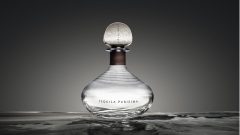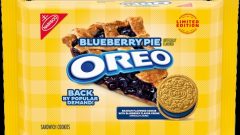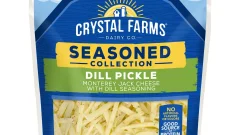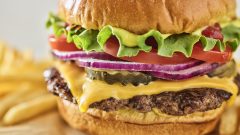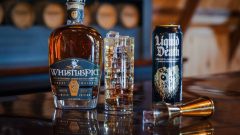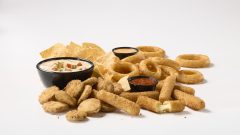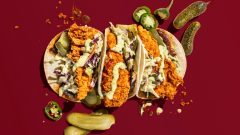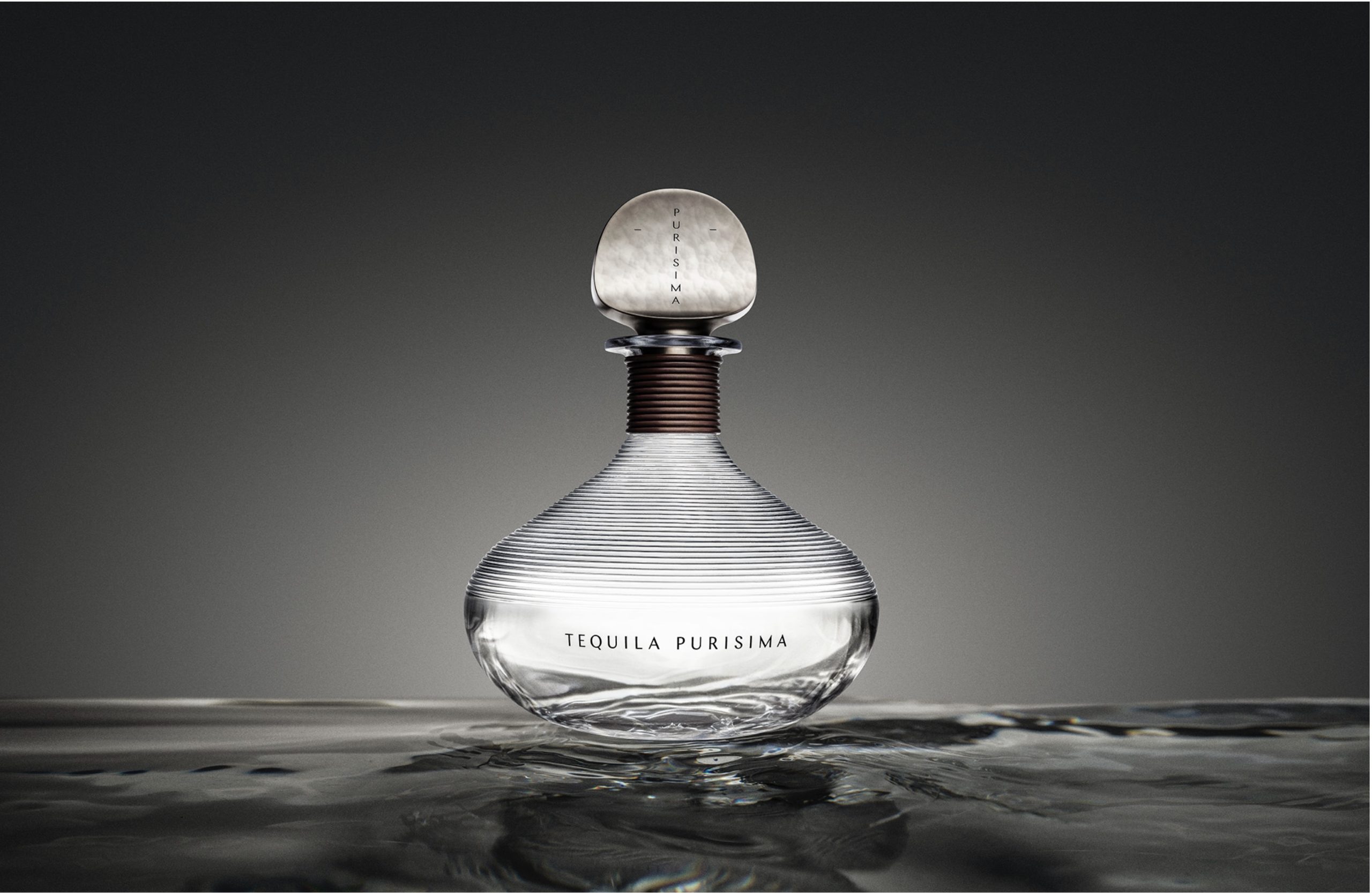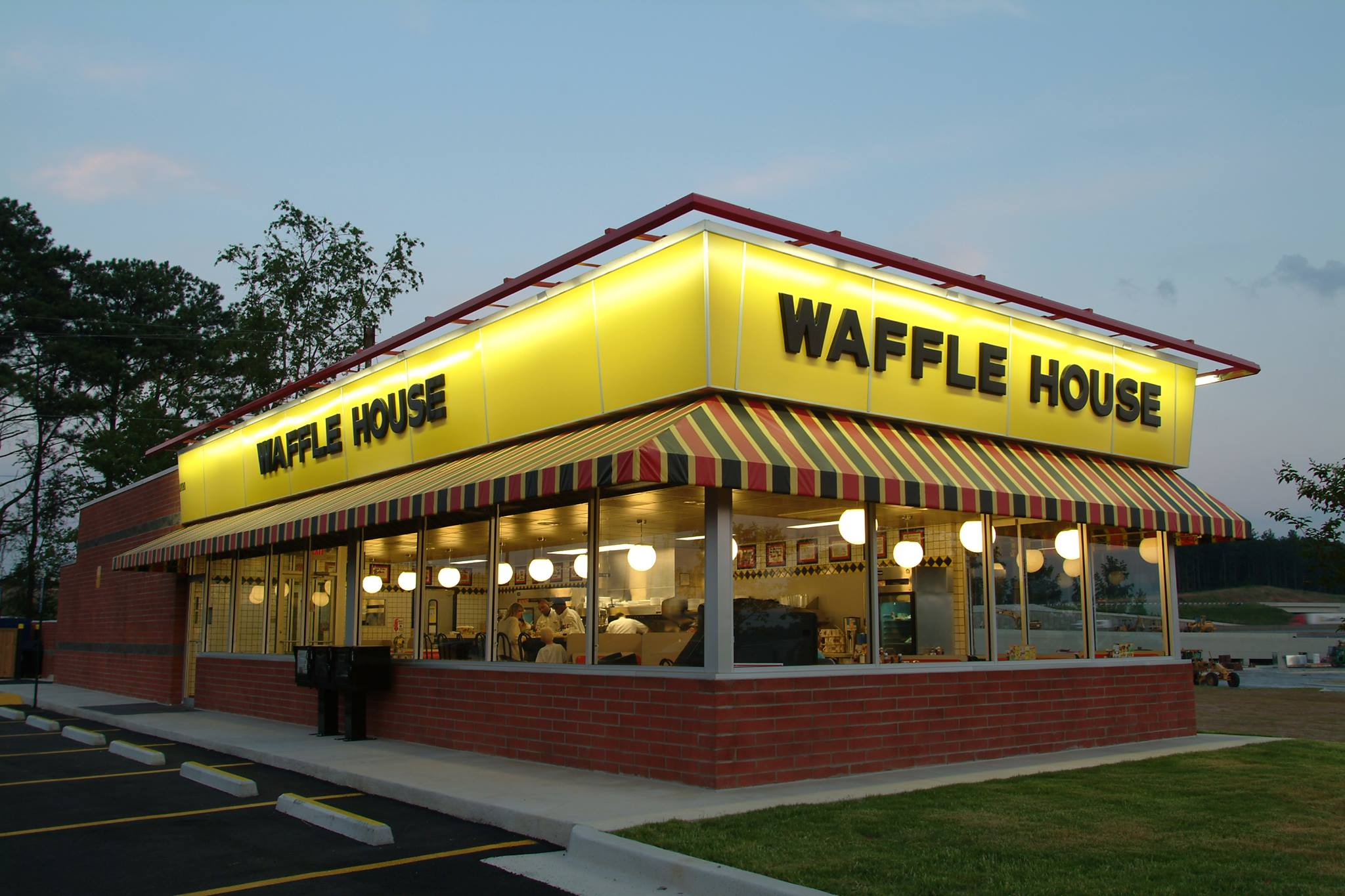Everything You Never Knew About Fish & Chips
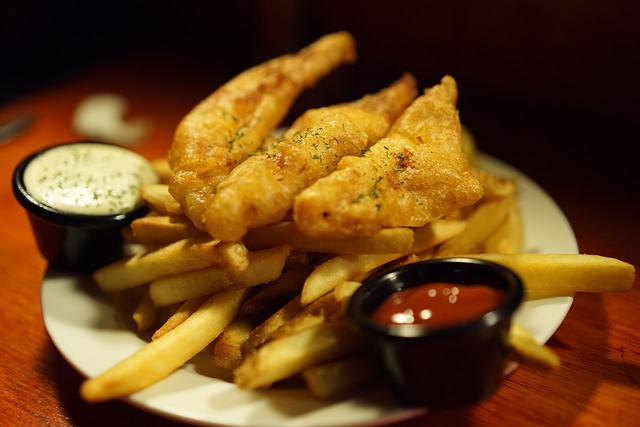
Fish and chips: one of vaguest, simplest, and most passive of dishes. Naturally, it’s English. Even the salt and vinegar passed over its crunchy exterior politely compliments the white fish and crisp potatoes, with only a subtle bite in the aftertaste (not unlike most English compliments).
By once having a flag in the ground across the globe, prompting the saying “The sun never sets on the English flag” England and the rest of the Brits did a superb job of exposing billions of people to English, God, and fish and chips.
Who do we thank?

While the pairing is synonymous with the Union Jack, the individual dishes didn’t originate within British borders at all. Portuguese and Spanish Jews fled to England with their fried fish in the 16th century and frozen Belgian housewives are credited with making the first “French” fries a century later.
Two origin stories compete for the now inseparable combo of fish and chips, but both center around the Industrial Revolution. Whether it was young Joseph Malin in London’s East End or John Lees in Lancashire Might-As-Well-Be-Scotland county, “chippie” shops fed the working class’s growing numbers in the late 19th century.
What the hell is “fish?”

Historically, cod should be the lucky fish battered and fried to perfection. Considering around 250 million servings of fish and chips are served in the UK alone each year, however, cod fish should be extinct. Luckily, most chippie shops utilize various kinds of white meat fish to keep the mobs at bay.
The Toxic Magic Of Newspaper

Okay, so the plate of fried fish and fries you get at T.G.I. Fridays is bullshit. Fish and chips were meant to be eaten with a double-pronged fork out of a newspaper cone. In the 1980s a layer of grease paper between the food and the daily headlines became mandatory throughout the U.K., forcing many establishments to do away with newspapers altogether.
Currently, the vast majority of newspaper ink is made from non-toxic soybean materials and there are dozens of companies selling grease paper printed with generic news. But that’s not the point. There’s a certain comfort in watching Taylor Swift’s face or a story about corrupt government officials become saturated with oil. Eating the news is so much better than reading it.
But maybe that’s just what Parliament wants me to do.

